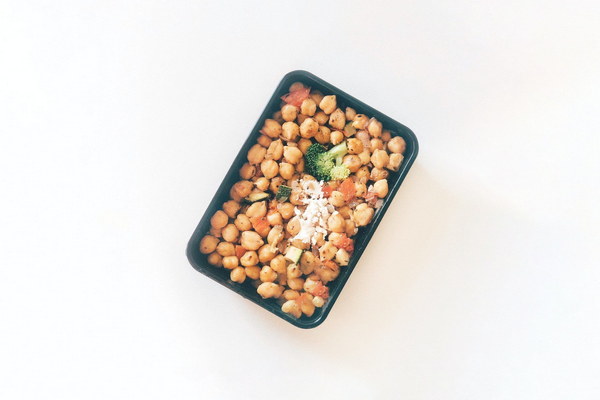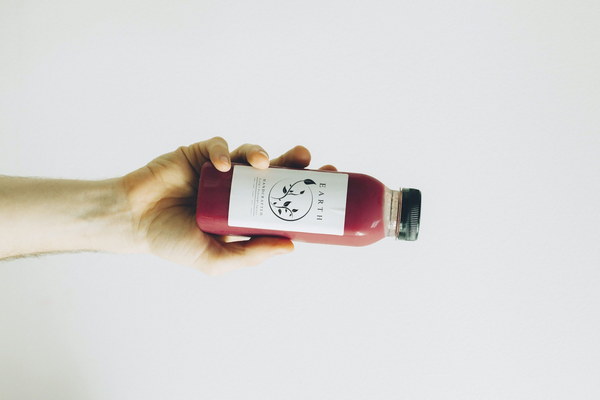Heart Attack Recovery A Nutritional Approach to Revival
Heart attacks are a serious health concern that can lead to long-term complications and decreased quality of life. However, with the right nutritional approach, recovery from a heart attack can be significantly enhanced. This article explores the key dietary strategies that can aid in the recovery process, providing a roadmap to a healthier heart.
Introduction

Myocardial infarction, commonly known as a heart attack, occurs when blood flow to the heart muscle is blocked, causing damage to the heart tissue. The immediate medical treatment is crucial, but the road to recovery also involves adopting a heart-healthy diet. This article delves into the best foods to consume and the ones to avoid after a heart attack, offering a comprehensive guide to a nutritious diet that supports heart health.
1. Omega-3 Fatty Acids
Omega-3 fatty acids are well-known for their heart-protective properties. These essential fatty acids can be found in fatty fish like salmon, mackerel, and sardines. Additionally, flaxseeds, chia seeds, and walnuts are excellent plant-based sources of omega-3s. Consuming these foods regularly can help reduce inflammation, lower triglyceride levels, and reduce the risk of future heart attacks.
2. Fruits and Vegetables
A diet rich in fruits and vegetables is essential for heart health. These foods are packed with antioxidants, vitamins, and minerals that support heart function. Aim for a variety of colorful produce, including leafy greens, berries, apples, oranges, and tomatoes. The high fiber content in fruits and vegetables can also help lower cholesterol levels and promote healthy digestion.
3. Whole Grains
Whole grains are an excellent source of fiber and essential nutrients that can help lower the risk of heart disease. Opt for whole grain bread, pasta, and brown rice instead of refined grains. Quinoa, oats, and barley are other great options. Whole grains can help reduce blood pressure, improve cholesterol levels, and lower the risk of developing type 2 diabetes, a condition that is closely linked to heart disease.
4. Lean Proteins
Protein is an essential nutrient that helps repair and build muscle tissue, including the heart muscle. Lean protein sources include poultry, fish, eggs, legumes, and tofu. These foods are low in saturated fat and cholesterol, making them ideal for heart health. Incorporating lean proteins into your diet can also help you maintain a healthy weight, which is crucial for reducing the risk of heart disease.
5. Nuts and Seeds
Nuts and seeds are high in healthy fats, fiber, and protein, making them an excellent addition to a heart-healthy diet. Almonds, walnuts, pistachios, sunflower seeds, and chia seeds are all good choices. These foods can help lower cholesterol levels, reduce inflammation, and improve heart health.
6. Avoid Processed Foods and Trans Fats
Processed foods are high in unhealthy fats, sodium, and sugar, which can harm heart health. Trans fats, found in many processed and fried foods, are particularly dangerous as they can raise LDL (bad) cholesterol levels and increase the risk of heart disease. It's best to avoid these foods and opt for whole, unprocessed options instead.
7. Limit Salt Intake
Excessive salt intake can lead to high blood pressure, which is a significant risk factor for heart disease. Limit your sodium intake by avoiding processed foods, using herbs and spices instead of salt, and cooking at home more often.
Conclusion
Recovery from a heart attack is a challenging journey, but adopting a heart-healthy diet can make a significant difference. By incorporating omega-3 fatty acids, fruits and vegetables, whole grains, lean proteins, nuts and seeds, and minimizing processed foods and trans fats, you can support your heart's health and reduce the risk of future heart attacks. Consult with a healthcare professional or a registered dietitian to create a personalized meal plan that meets your specific needs and preferences. With the right dietary approach, you can embark on a path to a healthier heart and a better quality of life.









